
New mum Cao Yue frowns every time she opens her fridge, as it's filled with bottles and plastic bags, all of which contain her breast milk.
The mother of a three-month-old baby boy, Cao, who lives in Nanjing's Jianye district, Jiangsu province, says she does not want to throw away the breast milk because it may help other babies.
"I'm blessed with having more than enough milk to feed my own baby, and I want to help other mums, to make them feel blessed too."
Cao, 28, has posted on the Internet that mothers who need breast milk may collect it from her for free, but few people have taken her up on her offer so far.
"People may have concerns about the safety of other people's breast milk," she says.
Cao is not the only warmhearted woman who wants to help others, as there are other new mothers making similar offers online.
But although there is a huge demand for breast milk in China since domestic dairy brands lost the public's trust after at least six infants died and 300,000 fell sick after consuming melamine-tainted milk powder in 2008, the majority of women worry about the safety of another woman's milk.
According to a survey of hundreds of women conducted by the Guangzhou Women and Children's Medical Center, only 18 percent of new parents will accept donated breast milk for their infants.
It's reasonable that some mothers choose safety rather than nutrition, as some diseases, such as the HIV virus and some skin diseases, may be transmitted by breast milk, said Chang Chun, a professor at the school of public health under Peking University.
"The safety of donated breast milk needs to be ascertained and emphasized," she said.
The first breast milk bank on the Chinese mainland was launched in March at the Guangzhou Women and Children's Medical Center and Liu Xihong, one of the founders of the milk bank, said all the donors must provide physical examination results before donating their breast milk, which is disinfected and frozen immediately. Nurses also label every bottle with information such as the donor's name, the time of the donation and the amount.
However, according to the survey conducted by the Women and Children's Medical Center, only 25 percent of new mothers are willing to donate their extra breast milk.
Although more than 80 mothers had registered to donate their breast milk one month after the milk bank was established, this is nowhere near enough.
"A huge amount of breast milk is needed to feed sick and premature babies in our medical center," said Liu Xihong, one of the founders of the milk bank. "There are more than 300 hospitalized new-born babies waiting to be fed with human breast milk, which provides them with the best nutrition."
The center launched a free door-to-door service for donors and a milk-collecting service in a bid to raise its milk stocks. However, according to a survey conducted by the center of hundreds of new mothers, only 25 percent are willing to donate their extra breast milk.
And despite the ardent online offers to purchase breast milk and the growing demand, fewer and fewer mothers are breast-feeding.
"In China, the breast-feeding rate in the past 10 years has dropped by 20 percent, which has posed great difficulties in promoting the development of breast milk banks," said Hu Min, secretary-general of the Ningbo Breastfeeding Association, an NGO that tried in vain to establish China's first breast milk bank in 2008.
"Many Chinese mothers have abandoned breast feeding due to concerns about what effect it will have on their figure and their work," said Chang.
"Sacrifices and patience are needed to be a breast-feeding mum," she added.
She said that the convenience of infant formula and people's increasing ability to buy expensive formula have also contributed to the decline of breast-feeding in China.
"The foundation for widely establishing breast milk banks is to increase the breast-feeding rate," she said.
However, breast milk banks in China also face many other challenges, including a shortage of funds and a lack of related regulations.
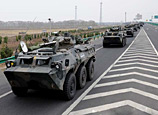


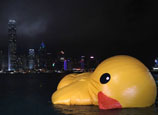
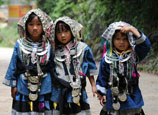

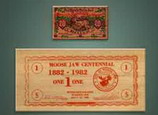


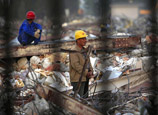






 Maserati limousine wreck over car parts quality claim
Maserati limousine wreck over car parts quality claim


![]()
